【B Friends! – 世界のB Corp™と、これからの話を。】第二回 ジェイソンマーク創業者 ジェイソン・マーク・アンガスさん「ケアする文化を広めたい。足元から心地よさを探って」
2025-07-15
2020-04-04
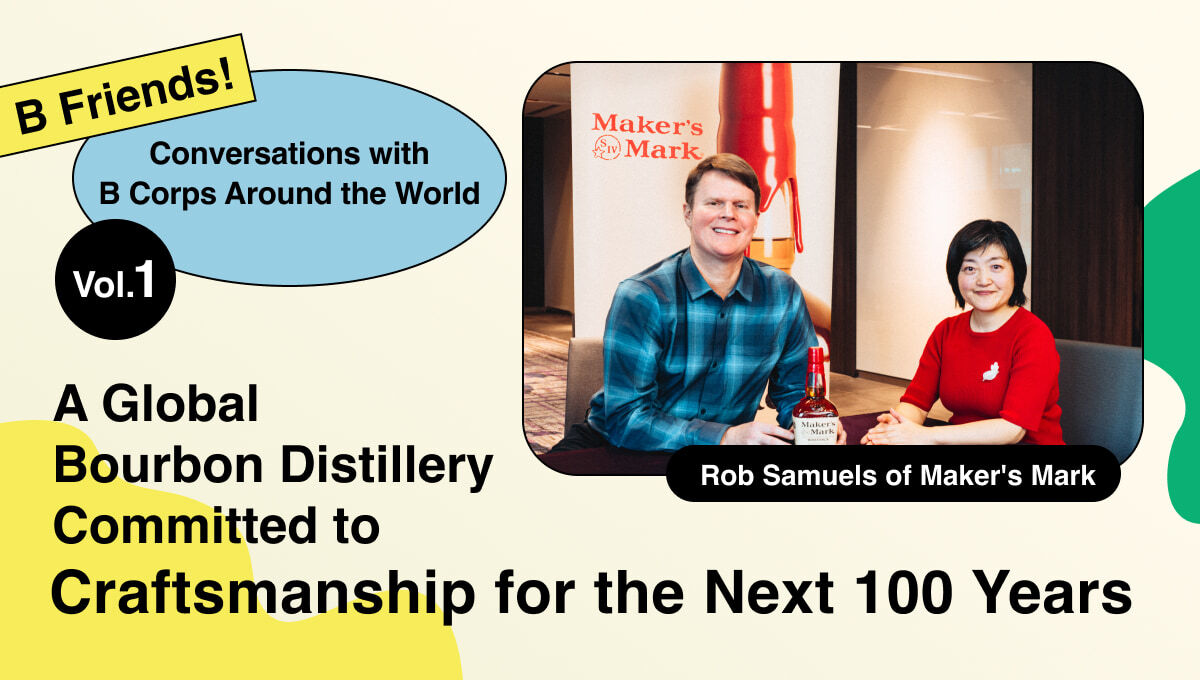
In October 2024, VALUE BOOKS proudly became a certified B Corp. B Corp certification is an international designation given to companies that balance profit with purpose, pursuing sustainable business practices with consideration for society and the environment. Currently, over 9,500 companies across 102 countries have received this certification.
In this series, we visit fellow B Corps around the world—companies that work slowly, sincerely, and with care—and explore new ways of working and making things together.
For our first interview, we visited Maker’s Mark, a bourbon distillery with a 70-year legacy in Kentucky, USA. As a senior member of the B Corp community, we wanted to learn how Maker’s Mark embodies the values of B Corp through its long-standing practices. We spoke with Rob Samuels, the 8th-generation head of the distillery.
From bourbon recipes handed down through generations, to a deep respect for craftsmanship, investment in sustainable agriculture, and a team-first culture—his words were full of insights on what it takes to build a beloved brand.
The interviewer is Nozomi Torii, President of VALUE BOOKS and Co-Representative of B Market Builder Japan, which leads the B Corp movement in Japan.
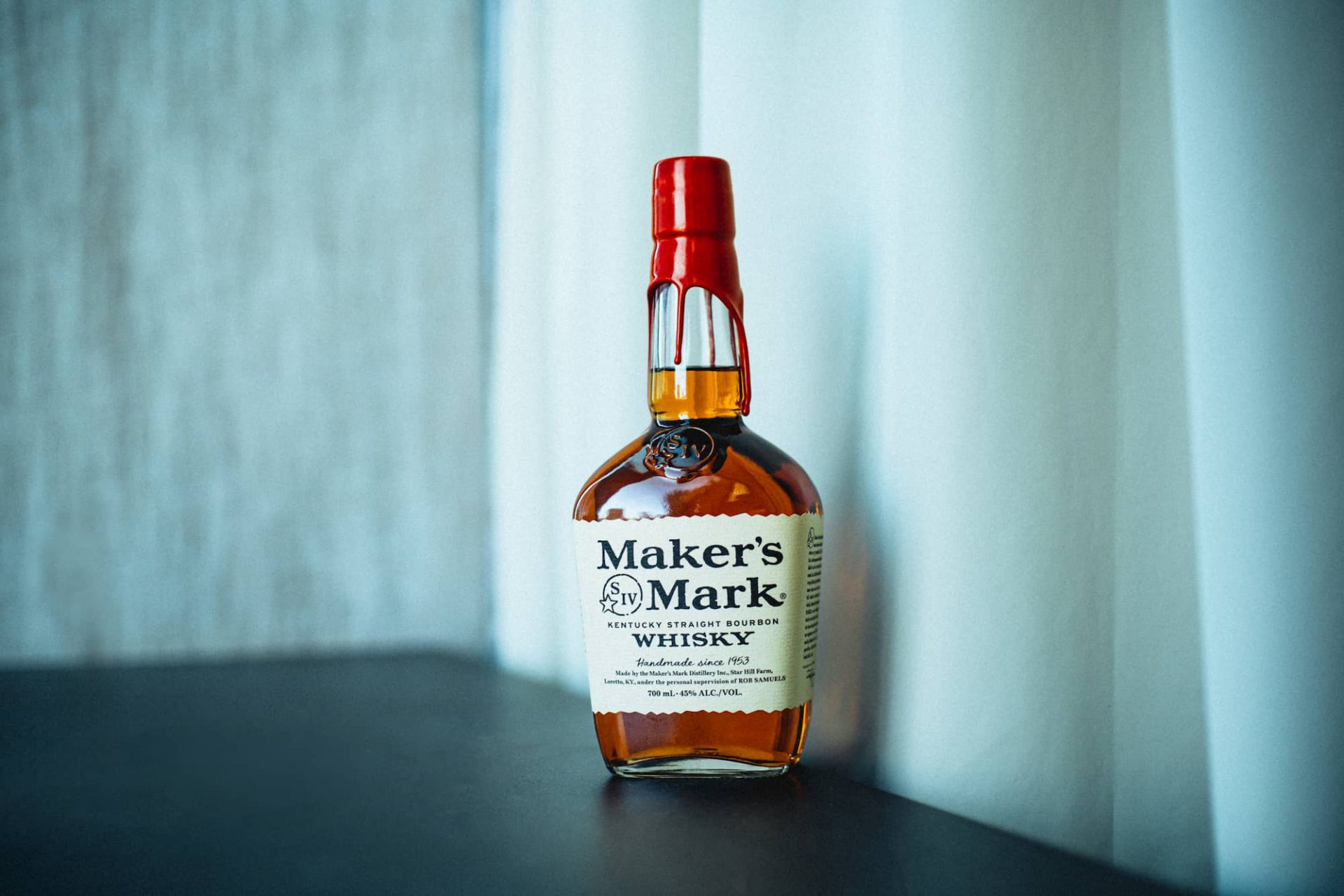
Nozomi: First, could you tell us about the origins of Maker’s Mark? What kind of vision was it founded on?
Rob: I’m the eighth generation of the Samuels family, but long before my grandparents founded Maker’s Mark in 1953, our family had been making whisky. But to be honest, the whisky we made for those 160 years wasn’t very good. It was harsh, and frankly, hard to drink. But at the time, that was considered normal for whisky.
Nozomi: So your grandfather was the one who challenged that “normal”?
Rob: Exactly. My grandfather, Bill Samuels Sr., wanted to change the nature of whisky from the ground up. His question was, “Can bourbon be made more delicious?” But to do that, he had to throw out the family recipe that had been handed down.
Nozomi: Throw out the recipe?
Rob: Yes, he literally burned the family recipe! (laughs) He was convinced that continuing down that path wouldn’t lead to good whisky. So he decided to start completely from scratch.
Nozomi: That must have been a huge decision. How did the unique taste of Maker’s Mark come about from there?
Rob: What my grandfather aimed for was a bourbon that was smooth and elegant. He believed bourbon should be savored.
Nozomi: What kind of innovations did that require?
Rob: First, he changed the grain. Traditionally, bourbon uses rye as one of its main grains, but he chose to use red winter wheat instead. That choice is what gives Maker’s Mark its signature mellow and refined flavor.
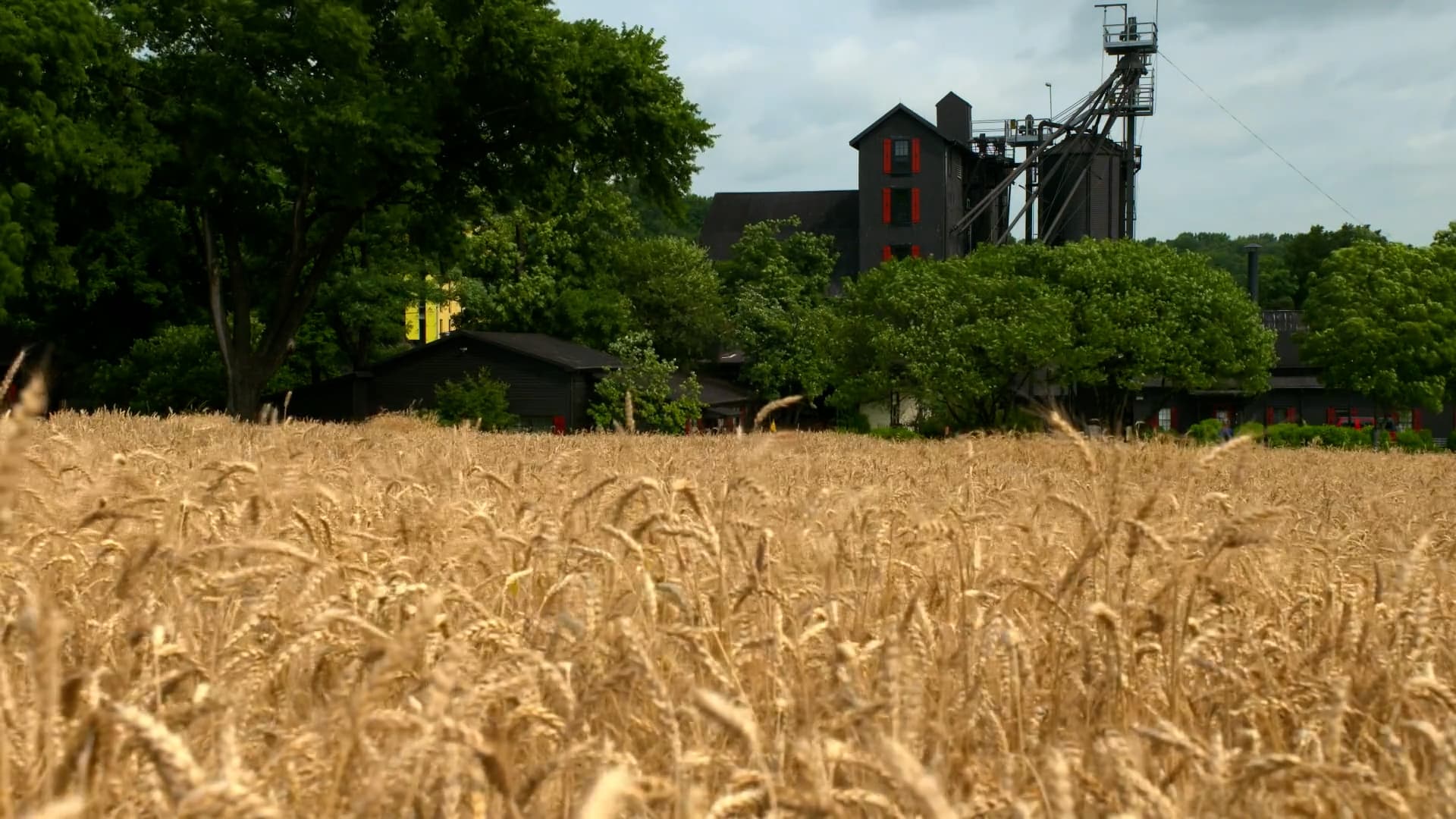
Image courtesy of Suntory
Nozomi: That sounds like a bold step for that era.
Rob: It was a completely new approach. And the amazing thing about my grandfather was that he was simply a craftsman. He wasn’t interested in marketing or building a big corporation. He was driven purely by the passion to make a whisky he could be proud of.
Nozomi: He really had the spirit of a craftsman.
Rob: Absolutely. On weekends, he would stop making whisky and build furniture instead. Craftsmanship was everything to him. We still use the chairs and beds he made in our home.
Nozomi: That love for making things clearly carried over into whisky-making.
Rob: Exactly. He was deeply committed to doing everything by hand. That’s why at Maker’s Mark, we put a strong emphasis on craftsmanship—and that hasn’t changed to this day.
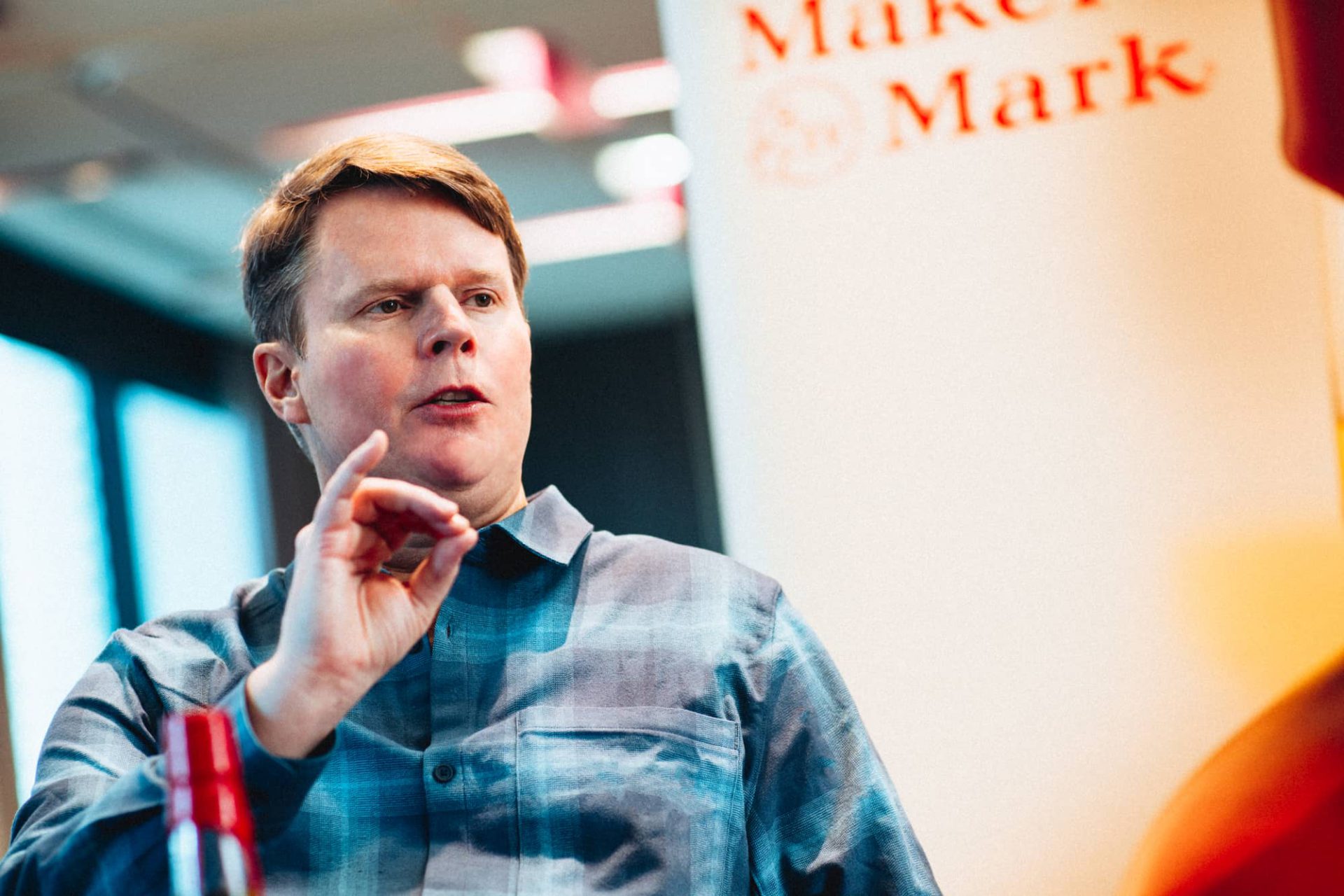
Nozomi: I see. That dedication is what shapes the value of Maker’s Mark today.
Rob: Exactly. And it wasn’t just my grandfather’s passion—he was supported by my grandmother, Margie Samuels.
Nozomi: Your grandmother?
Rob: Yes. While my grandfather focused entirely on flavor, it was actually my grandmother who thought about the design of the brand and how to present it to people. The bottle design that remains unchanged to this day, the logo, the hand-cut labels, and the iconic red wax seal—they were all her ideas.
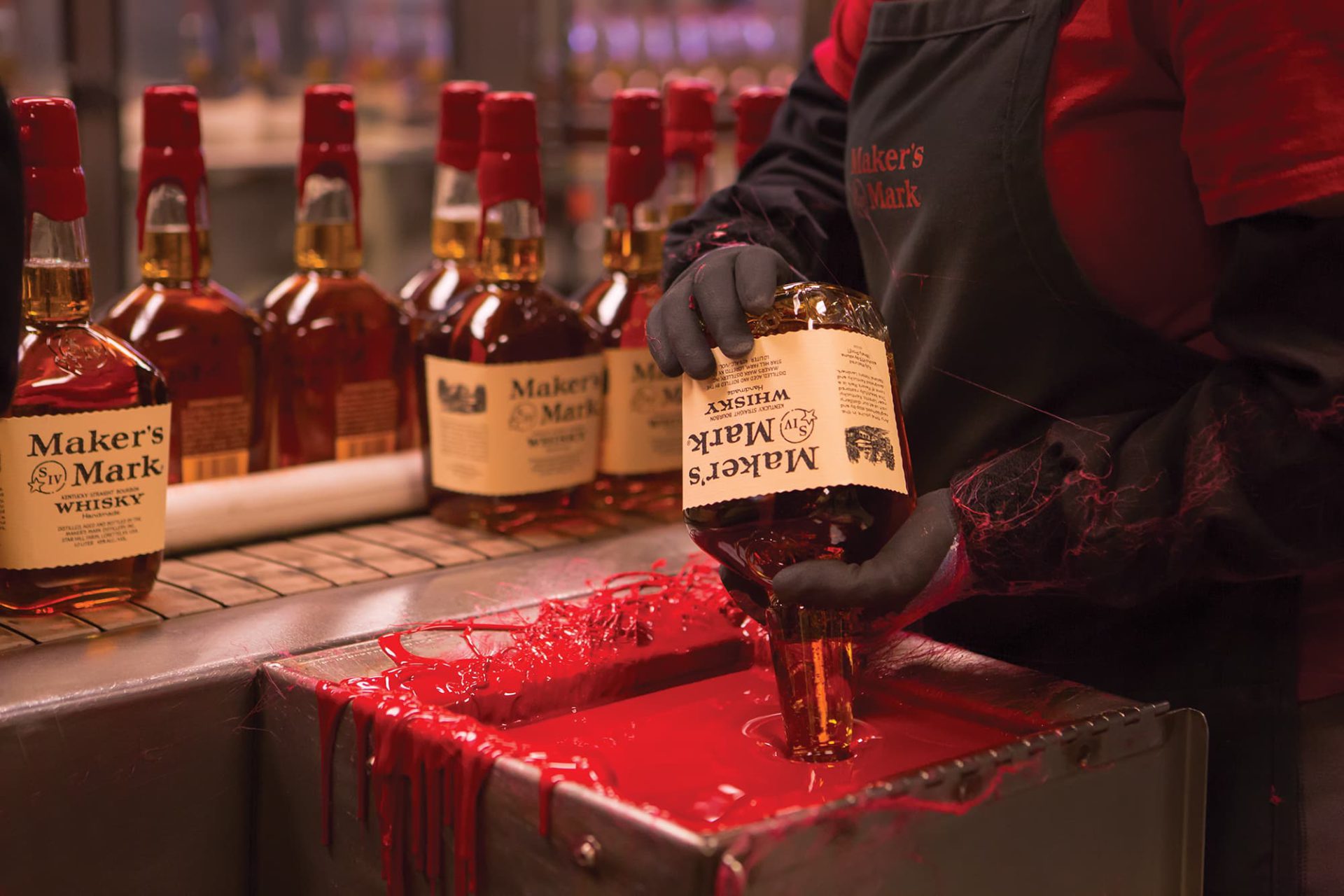 Image courtesy of Suntory
Image courtesy of Suntory
Nozomi: The Maker’s Mark bottle is definitely very memorable.
Rob: And she did something else groundbreaking—she had the idea to turn the distillery into a tourist destination. At the time, no one visited distilleries. But she believed that letting people see how the whisky was made would help them love the brand even more.
Nozomi: That really makes her a branding pioneer.
Rob: Absolutely. The combination of my grandfather’s and grandmother’s dedication gave birth to Maker’s Mark’s philosophy of creating “the best handcrafted bourbon.”
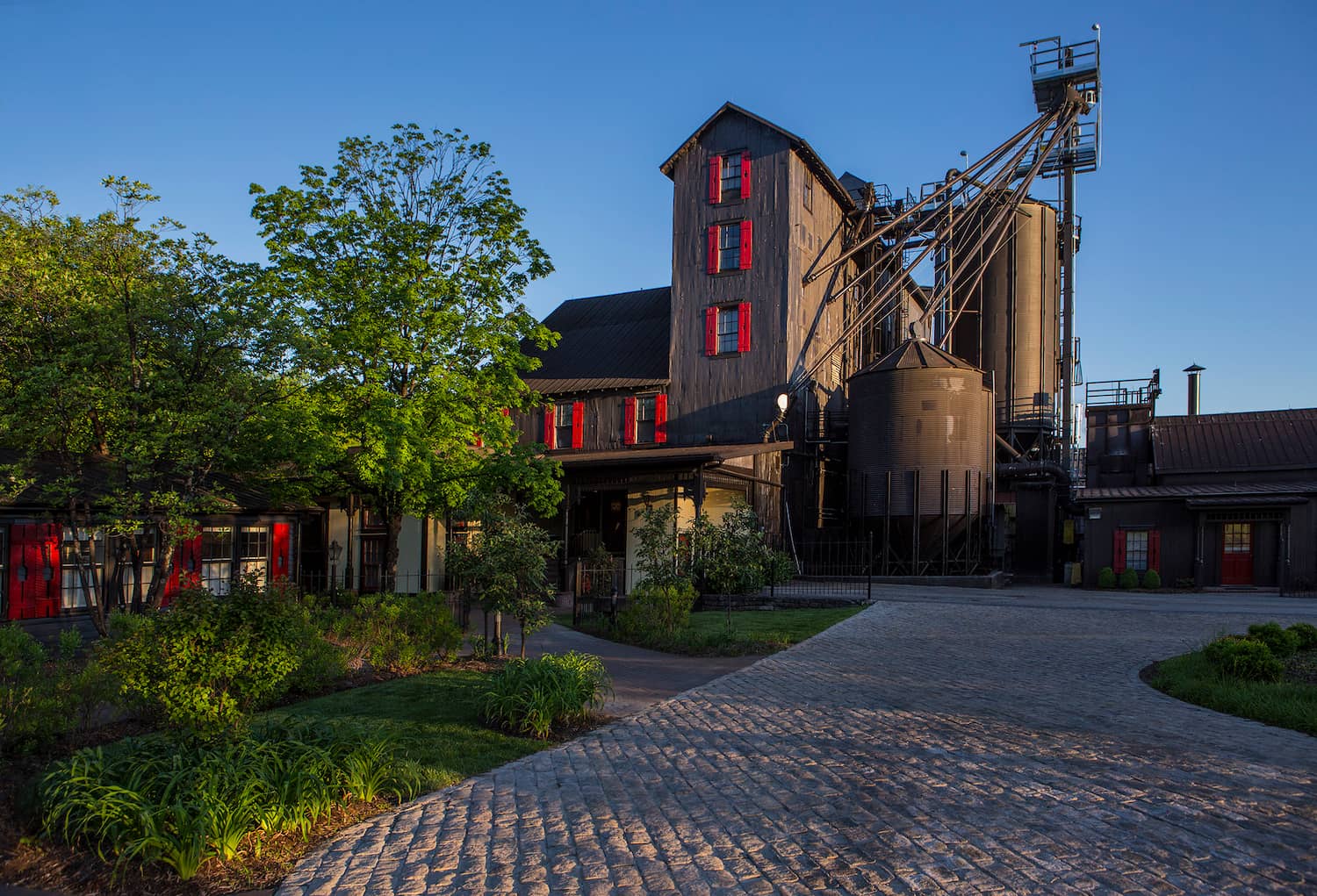
Image courtesy of Suntory
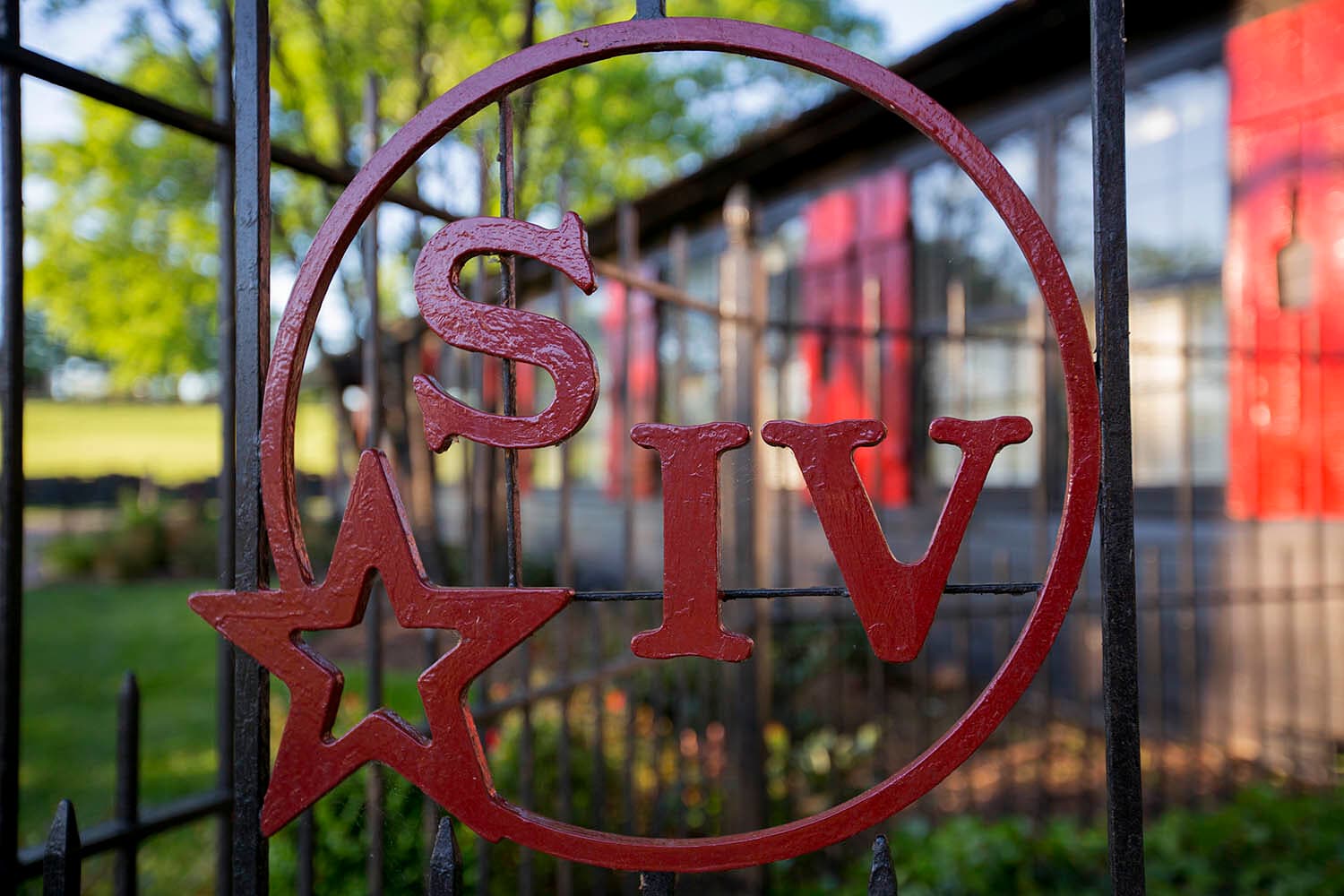
Image courtesy of Suntory
Nozomi: There are clearly many elements of “craft” handed down over the years at Maker’s Mark. What are some of the aspects you take particular care with?
Rob: Above all else, our most important focus is flavor.
Nozomi: We’ve heard about the grain changes. What else plays into that?
Rob: Water. We’re extremely particular about water quality.
Nozomi: Water?
Rob: Yes. Our distillery is located in a very remote area. And that’s entirely intentional. My grandfather chose this site because it had the perfect water source. Among the many distilleries in Kentucky—which produces 95% of the world’s bourbon—Maker’s Mark is, as far as I know, the only one that owns its own water source. That means we can fully control the quality of our water.
Nozomi: That’s remarkable.
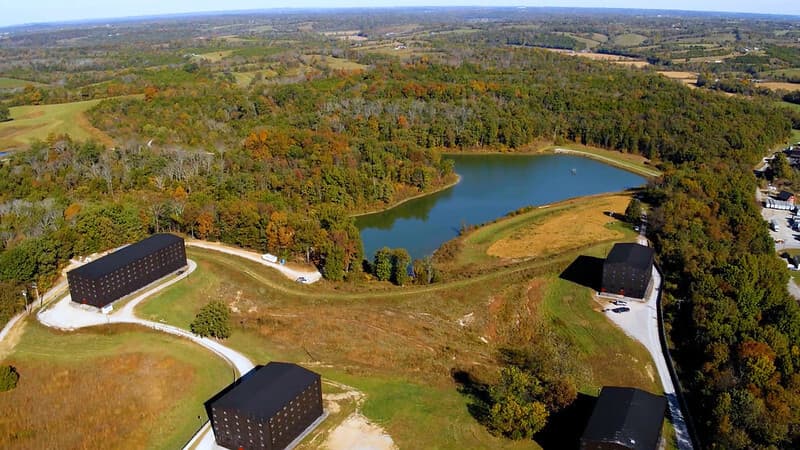
Image courtesy of Suntory
Rob: Water is one of the most critical elements in determining the quality of whisky. And just like with water, we maintain a hands-on approach in the fermentation and distillation process as well.
Nozomi: Many large distilleries tend to be highly automated.
Rob: That’s true. But at Maker’s Mark, we still stir the fermentation tanks by hand. Our craftspeople use wooden paddles, checking the temperature and condition of the liquid as it ferments. It’s the essence of craftsmanship.
Nozomi: So there’s a human touch in every step of the process.
Rob: Exactly. Another point of pride is our barrels. We use newly charred American white oak barrels for aging our bourbon, but even those are specially prepared.
Nozomi: What makes them different?
Rob: Typically, barrels are dried and then immediately charred. But we naturally air-dry our barrel staves for 18 months before charring them. That long drying period mellows the tannins in the wood, leading to smoother, sweeter flavors during aging. Plus, we rotate the barrels by hand during aging.
Nozomi: Rotate the barrels?
Rob: Yes. In most distilleries, barrels are left stationary in the warehouse. But at Maker’s Mark, our craftspeople manually rotate the barrels to ensure even aging. It’s a rare practice in the whisky world.
Nozomi: That level of care must result in exceptional quality.
Rob: It does. And for the final touch, each bottle is hand-dipped in red wax.
Nozomi: The iconic seal that Margie created, right?
Rob: Exactly. Every bottle is individually hand-dipped, making each one unique. It symbolizes our commitment to handcraftsmanship.
Nozomi: Truly, the artisan’s hand is involved in every step.
Rob: That’s the spirit embedded in Maker’s Mark. Even 70 years later, we still live by my grandfather’s philosophy: do everything possible for the best taste.
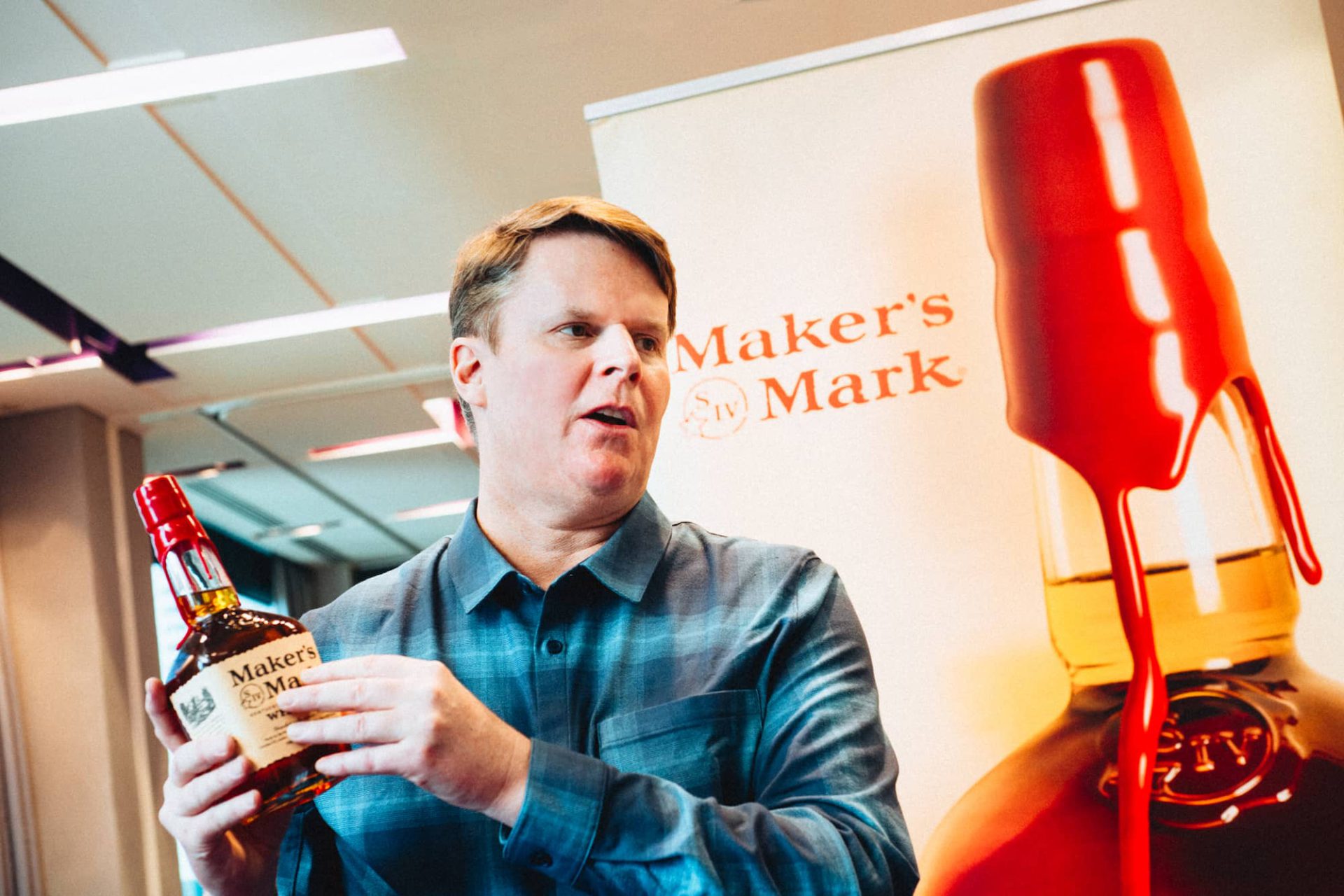
Nozomi: Maker’s Mark is a certified B Corp. What inspired you to pursue the certification in the first place?
Rob: For 70 years, Maker’s Mark has focused not just on what we make, but how we make it. Since the beginning, we’ve valued handcrafting for quality, worked closely with local farmers, and operated with environmental responsibility. So when we learned about B Corp, we thought, “This is exactly how we think.”
Nozomi: So the philosophy aligned naturally.
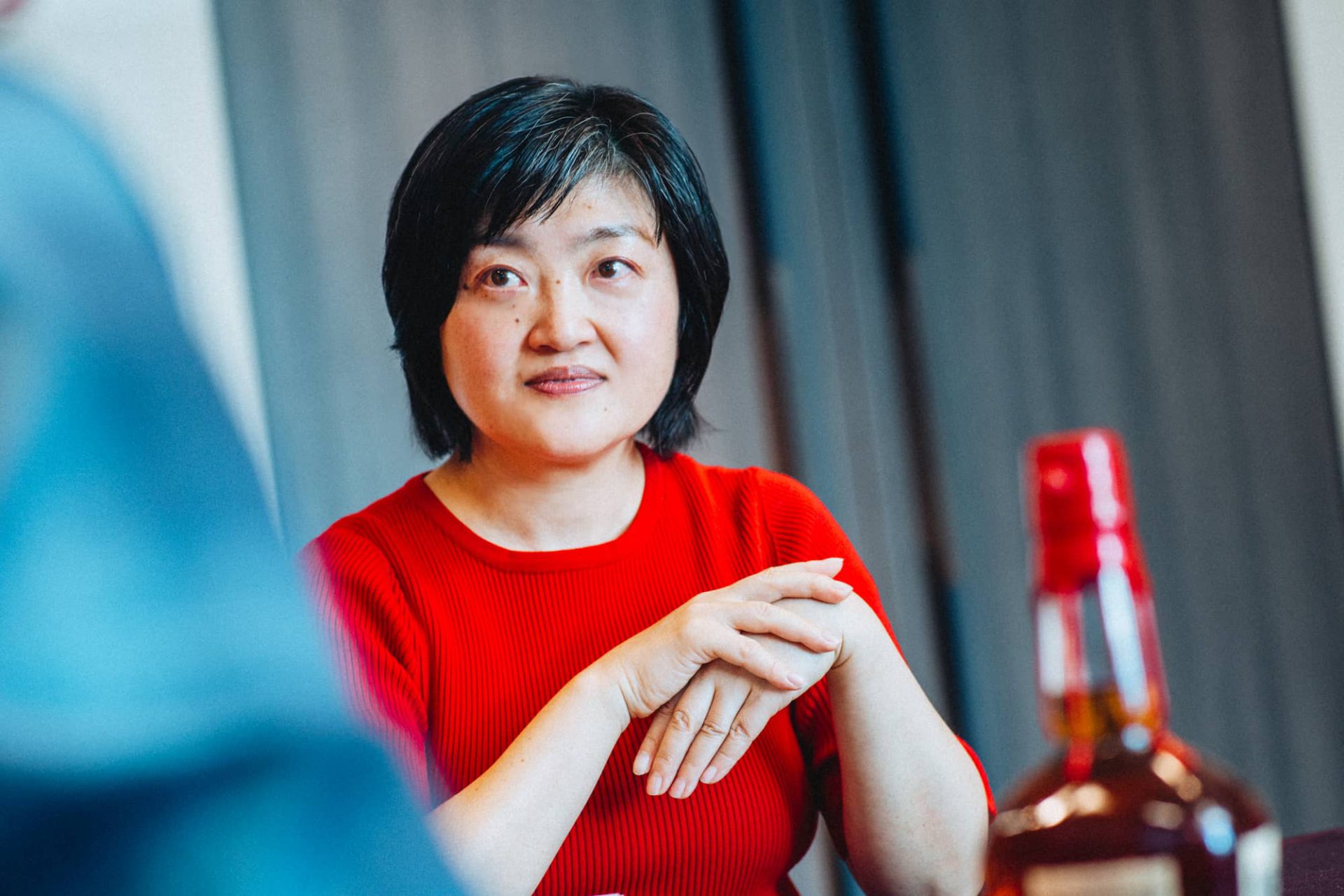
Rob: Exactly. But it wasn’t just about agreement. Pursuing certification gave us a great framework to objectively evaluate and improve what we were doing. It allowed us to ask, “Are we truly a good company? What more can we do?”
Nozomi: What changed after becoming certified?
Rob: First, we were able to organize our sustainability efforts more systematically. Then, certification pushed us to deepen our involvement in sustainable agriculture.
Nozomi: Does sustainable agriculture affect whiskey production?
Rob: It absolutely does. It not only benefits the environment but also enhances flavor. We work with local farmers to promote regenerative agriculture rather than just purchasing ingredients like corn and wheat.
Nozomi: What does that involve specifically?
Rob: For example, minimizing the use of pesticides and chemical fertilizers to maintain healthy soil, and practicing crop rotation. When agriculture is sustainable, soil stays nutritious, leading to better grains and richer whiskey flavor.
Nozomi: So caring for the environment directly improves the taste.
Rob: Exactly. And it’s not just farming. Our entire distillery operates with a sustainability mindset. For instance, we now have zero landfill waste—everything is reused.
Nozomi: Zero landfill? That’s incredible!
Rob: Yes. Waste glass from bottle production is crushed and given to local municipalities to be used in road paving. Spent grain from production is reused entirely as livestock feed.
Nozomi: So all waste is recycled in some form.
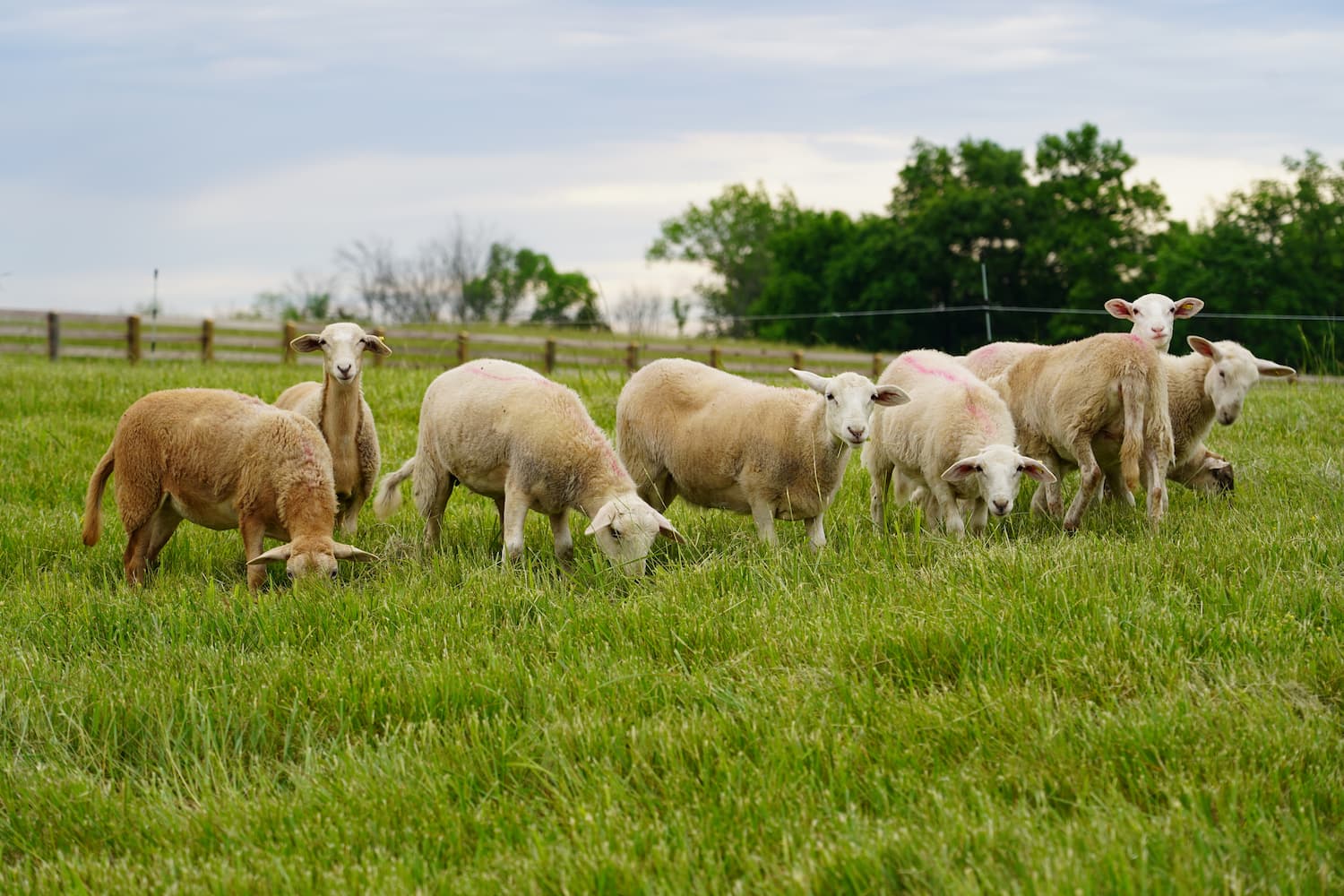 Image courtesy of Suntory
Image courtesy of Suntory
Rob: That’s right. We don’t see sustainability as just reducing environmental impact—it’s a way to make things better. B Corp certification helped us clarify that mindset.
Nozomi: So you’re not just getting certified—you’re using it as a springboard to go even further in your initiatives.
Rob: That’s right. We want Maker’s Mark to be a brand that continues for the next 100 years. To do that, we have to make decisions with the future in mind, not just short-term profits.
Nozomi: That’s exactly the philosophy of B Corp.
Rob: B Corp provides a standard for what it means to be a “good company.” But getting certified isn’t the end goal—it’s about how you use that certification to create a better future.
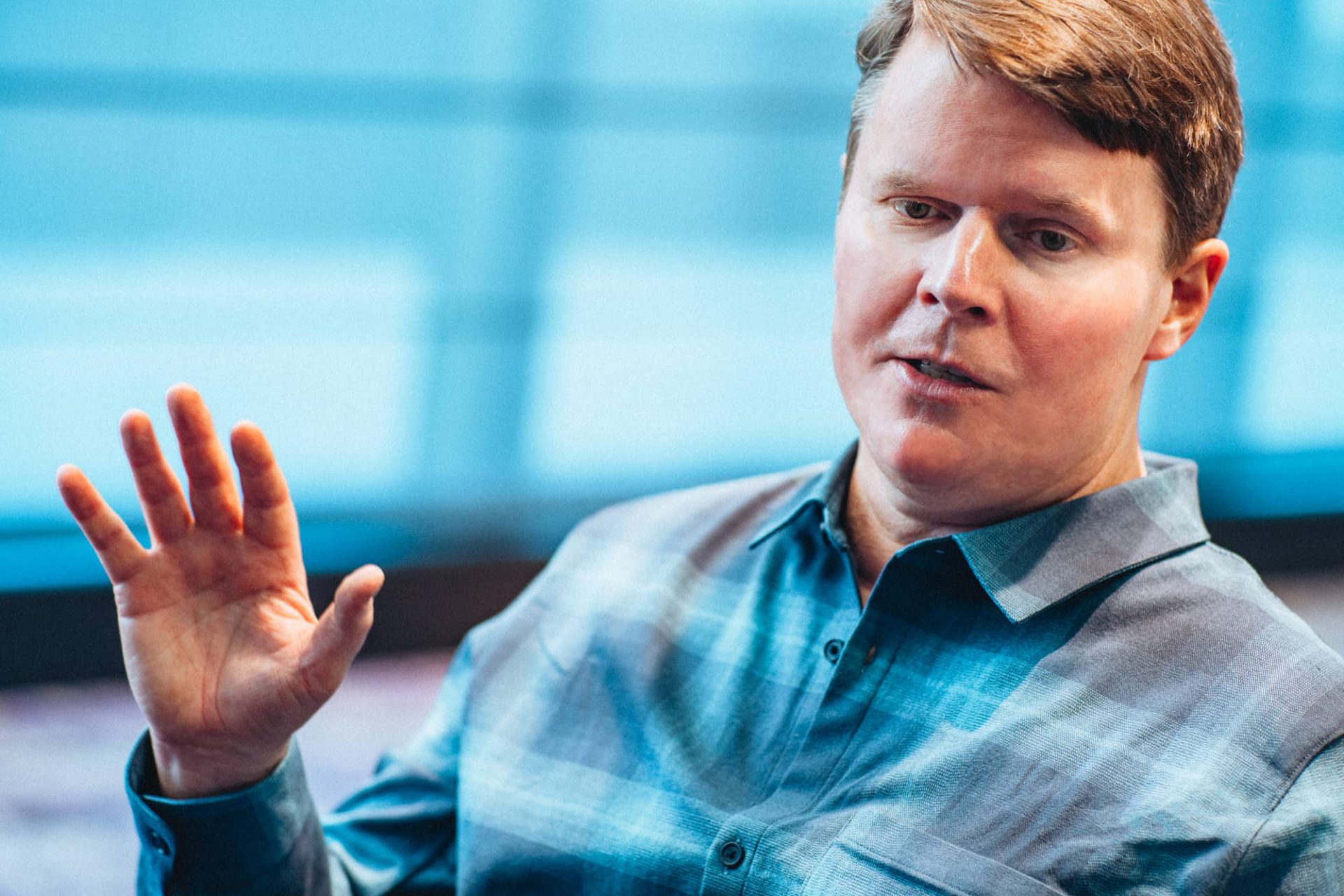
Nozomi: What steps do you take to protect and foster company culture, especially in relation to employees?
Rob: I believe the essence of company culture is revealed in how we treat our team under pressure.
Nozomi: Under pressure?
Rob: Yes. Many companies say they “care about their employees.” But the real test is how they act during tough times. I think the true value of a company’s culture is shown by how it supports its people in challenging circumstances.
Nozomi: Can you give an example of a decision you’ve made?
Rob: For example, during the COVID-19 pandemic, we didn’t lay off a single employee. That was an obvious choice for us. While many companies were downsizing, we protected every single job.
Nozomi: What allowed you to make that decision?
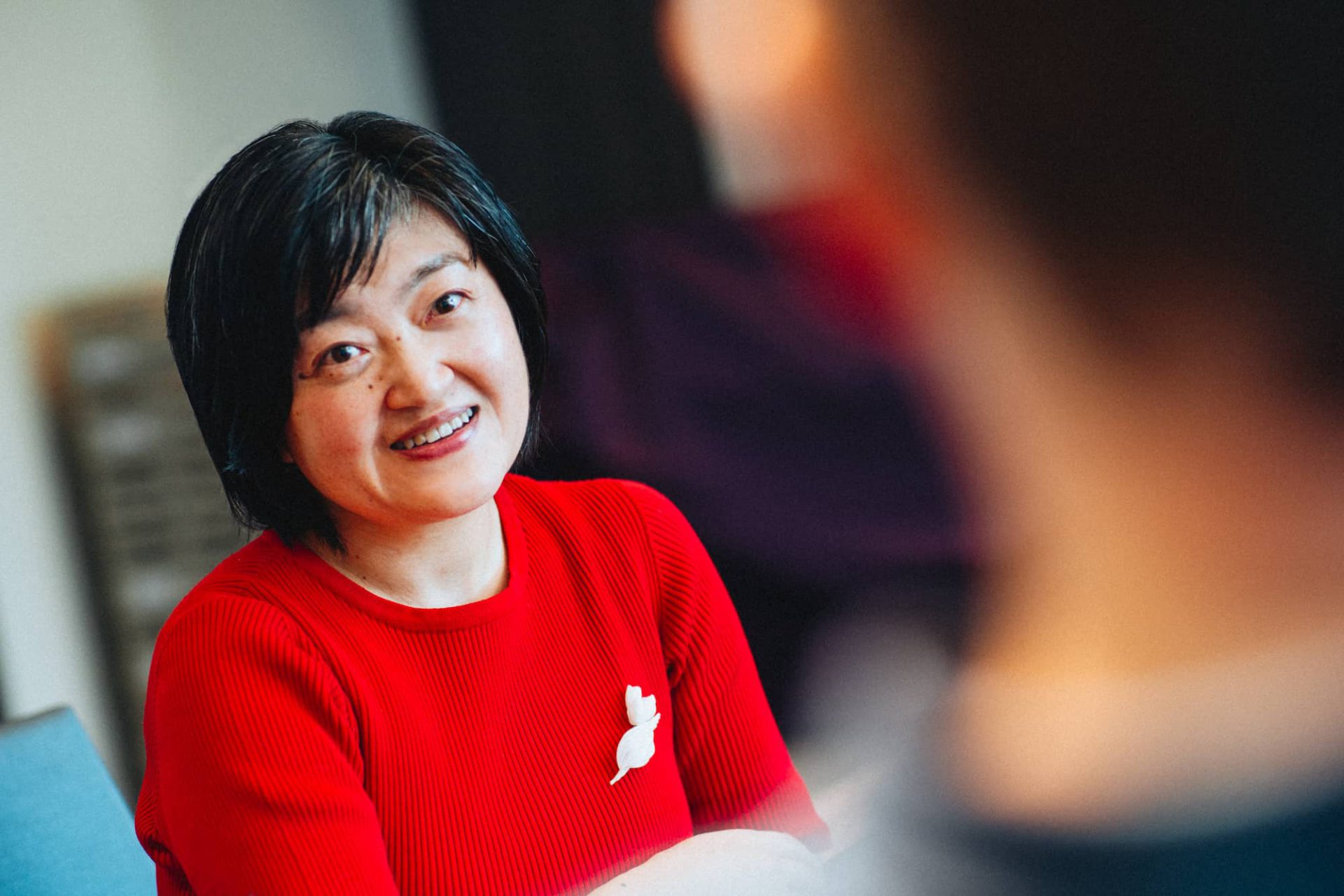
Rob: We focus on long-term relationships rather than short-term profits. Employees aren’t just labor; they’re the very foundation of our brand. We couldn’t risk damaging the trust we had built for a temporary crisis.
Nozomi: That really shows a strong commitment to your people. At VALUE BOOKS, we also think about how to support each staff member’s career as the company grows. About two-thirds of our staff are women, many balancing work with parenting or family life. But if we don’t open up paths to leadership for women, our decision-making levels become imbalanced. That’s why we’re investing more in career support and network building.
Rob: That’s a wonderful initiative. We also believe diverse perspectives are essential for growth. At Maker’s Mark, women hold key positions in our distillery leadership, marketing, and strategy teams. Most of our tasting team members are women too.
Nozomi: Why is that?
Rob: Women tend to have more sensitive palates. That’s why we actively bring women into the tasting team.
Nozomi: That makes perfect sense. It’s impressive how you avoid assigning roles by gender, and instead leverage each person’s strengths.
Rob: That’s exactly it. We place people in roles based on ability and fit. Rather than gender or age, we ask: “Where can this person shine the most?” That’s the key to strengthening a brand through diversity.
Nozomi: And that builds the culture of the entire organization.
Rob: Yes. Company culture isn’t just a slogan—it’s built from the daily decisions we make. That’s why respecting employees and creating a safe and secure environment ultimately enhances the value of the brand.
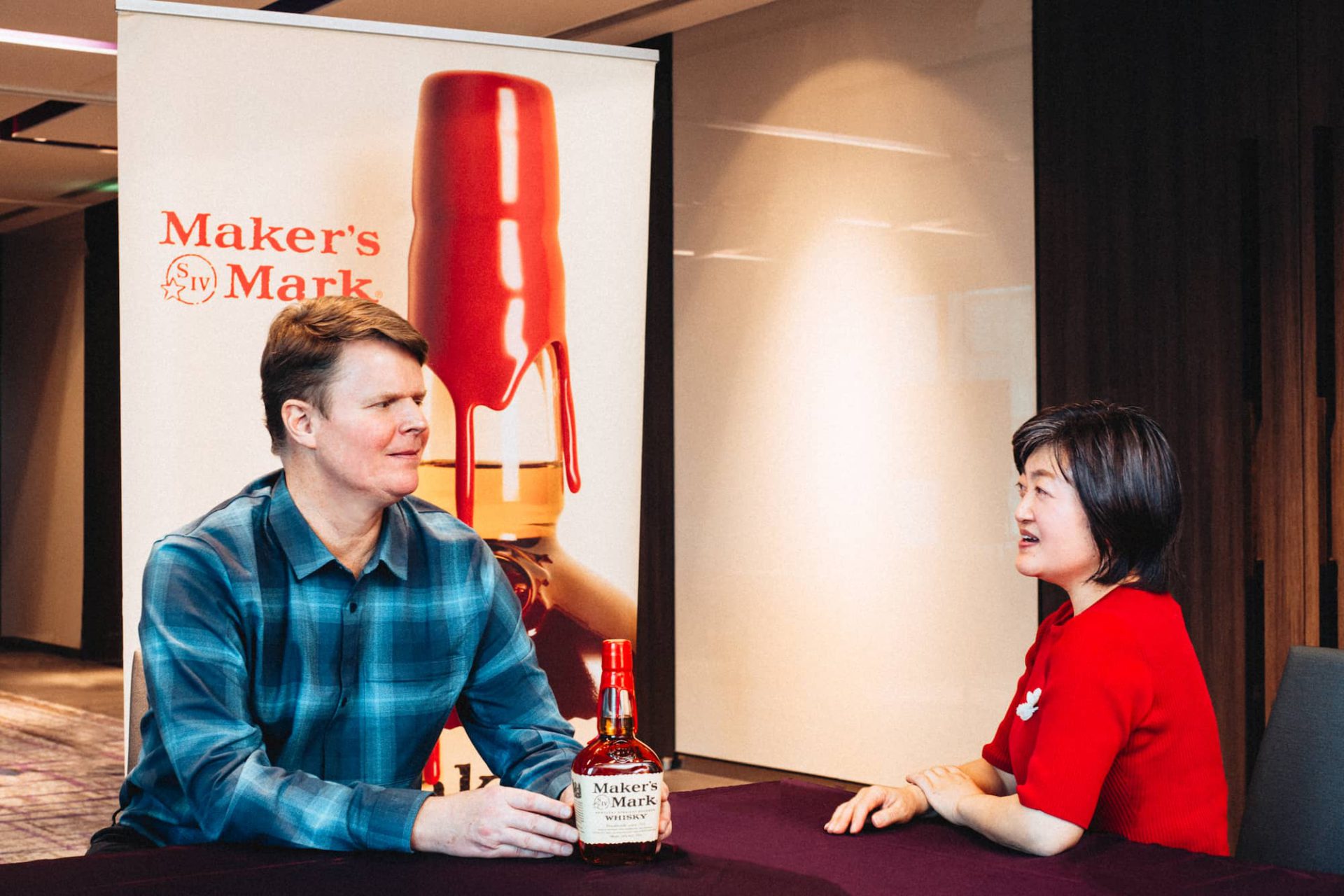
Nozomi: Many companies are starting to focus on sustainability, but some leaders still find it hard to maintain a long-term perspective. Do you have a message for business leaders in Japan?
Rob: First, I want to say this—doing the right thing is good for business.
Nozomi: So sustainable practices can have a positive business impact?
Rob: Yes. In the short term, some might worry about reduced profits. But from our experience, taking a long-term view and practicing sustainable management enhances brand value and wins lasting support from more people.
Nozomi: So it’s not about short-term gains.
Rob: Exactly. We need to think about what our brand will be worth in 100 years. In the business world, it’s easy to get caught up in short-term results. But truly valuable companies are the ones that build trust over time and continuously create positive impact for society and the environment.
Nozomi: That makes sense. Brands that are loved for a long time always have a long-term vision.
Rob: Right. And one more thing: consumers can tell what’s truly authentic.
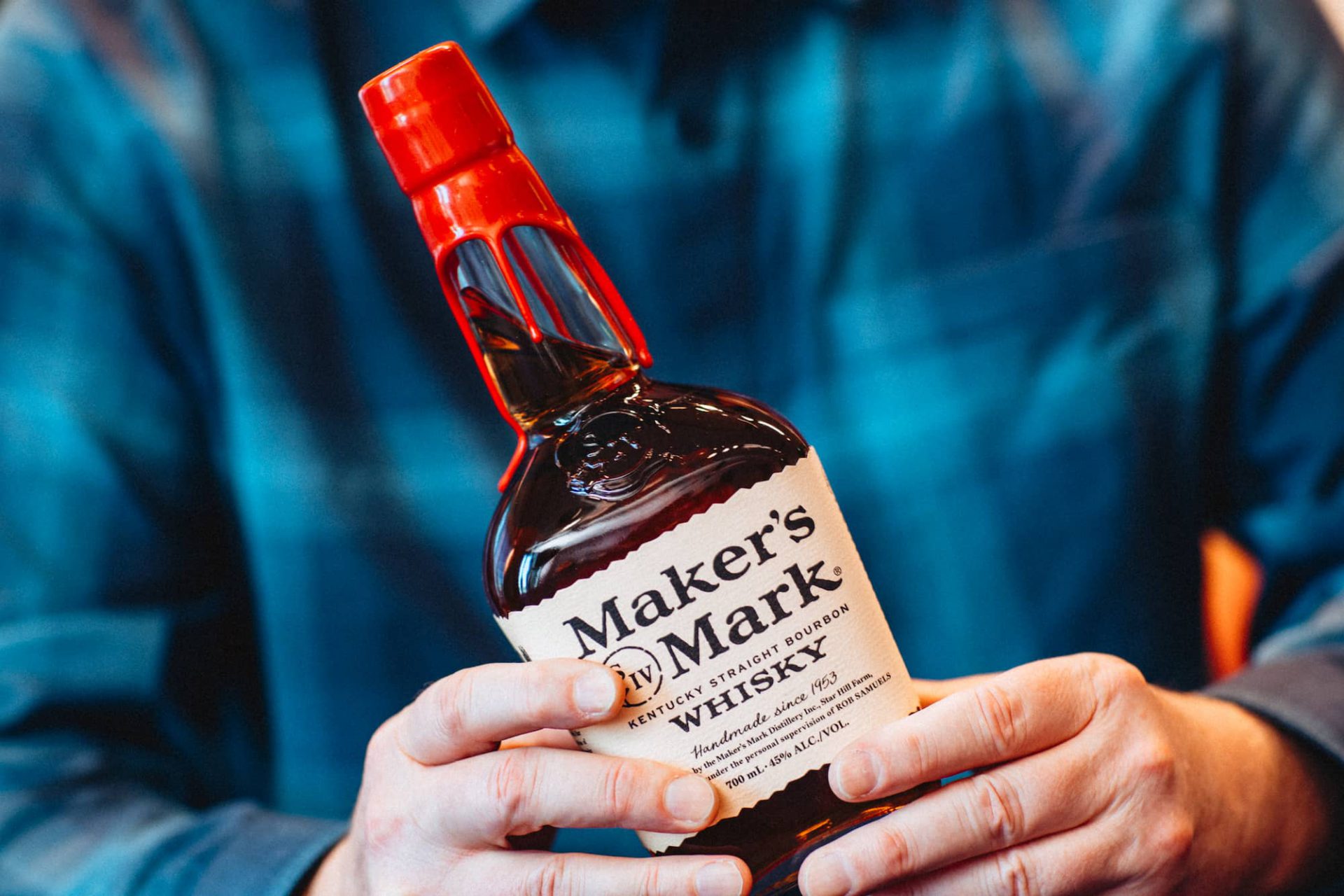
Nozomi: What do you mean by that?
Rob: It’s not just about the values companies claim to uphold or their sustainability messaging. What matters is whether they actually live those values. Consumers have a strong sense for authenticity. That’s why our approach is “act first, then speak.”
Nozomi: So consumers can really sense whether something is truly practiced or not.
Rob: Yes. When we became B Corp certified, it wasn’t to appeal to consumers—it was to gain an objective evaluation of what we were already doing.
Nozomi: I see. So what can companies aiming for B Corp certification start doing now?
Rob: I would say: look at your business from the perspective of 100 years in the future. Ask yourself what impact today’s decisions will have in the long run. With that mindset, the right path will naturally become clearer.
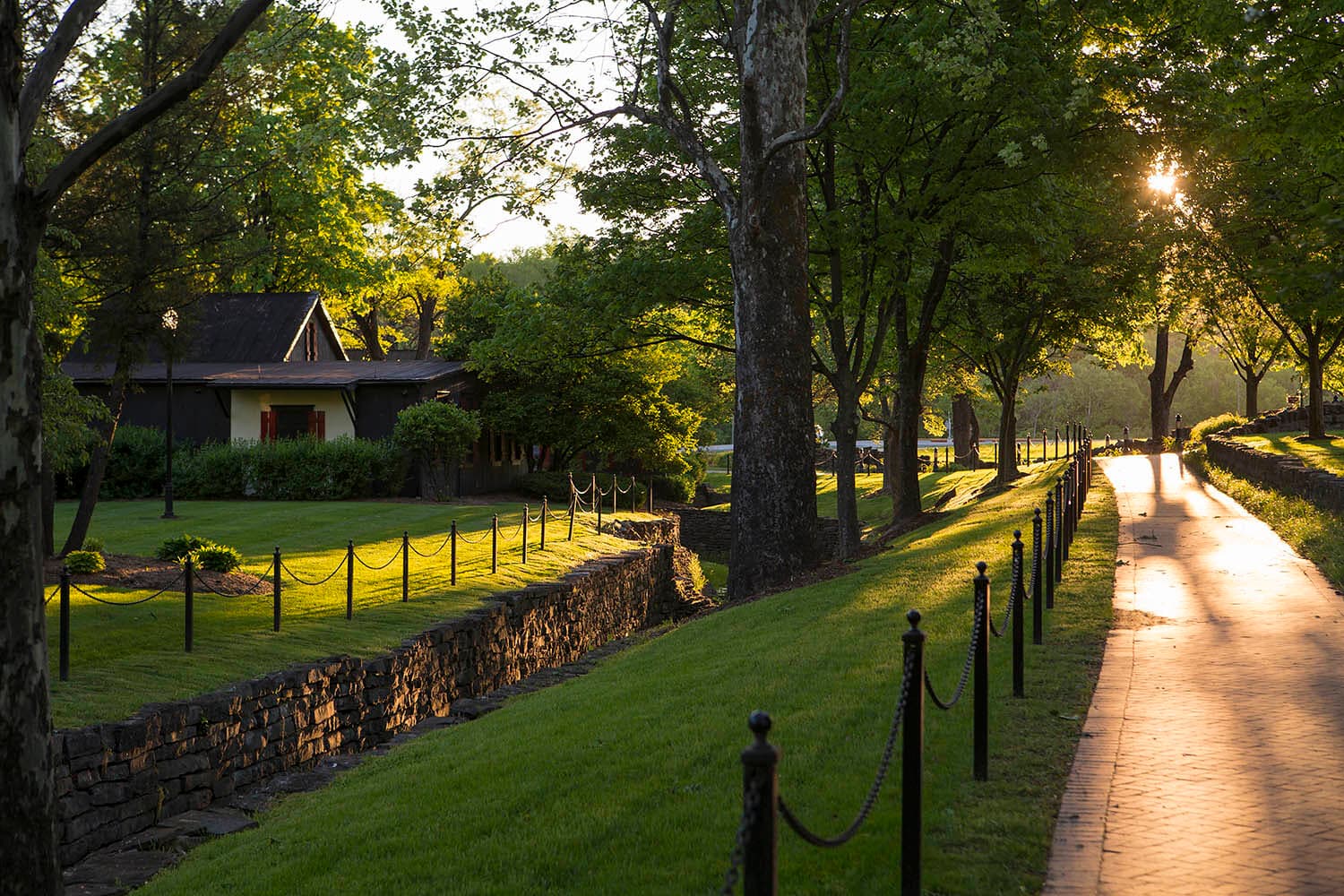 Image courtesy of Suntory
Image courtesy of Suntory
After speaking with Rob, We were struck by how Maker’s Mark continues to make decisions with a 100-year perspective. It made us reaffirm our own mission—to protect the circulation of books and contribute to a better society, one step at a time.
Not just chasing short-term profits, but continuing to maximize the value of books. Finding new roles for books that can no longer be sold, and connecting them to new cycles. And creating a world where people who love books can continue to enjoy a life alongside them.
As a B Corp, VALUE BOOKS will keep walking toward that future.
posted by 北村 有沙
石川県生まれ。都内の出版社勤務を経て、2018年にバリューブックス入社。旅、食、暮らしにまつわるあれこれを考えるのが好きです。趣味はお酒とラジオ。保護猫2匹と暮らしています。